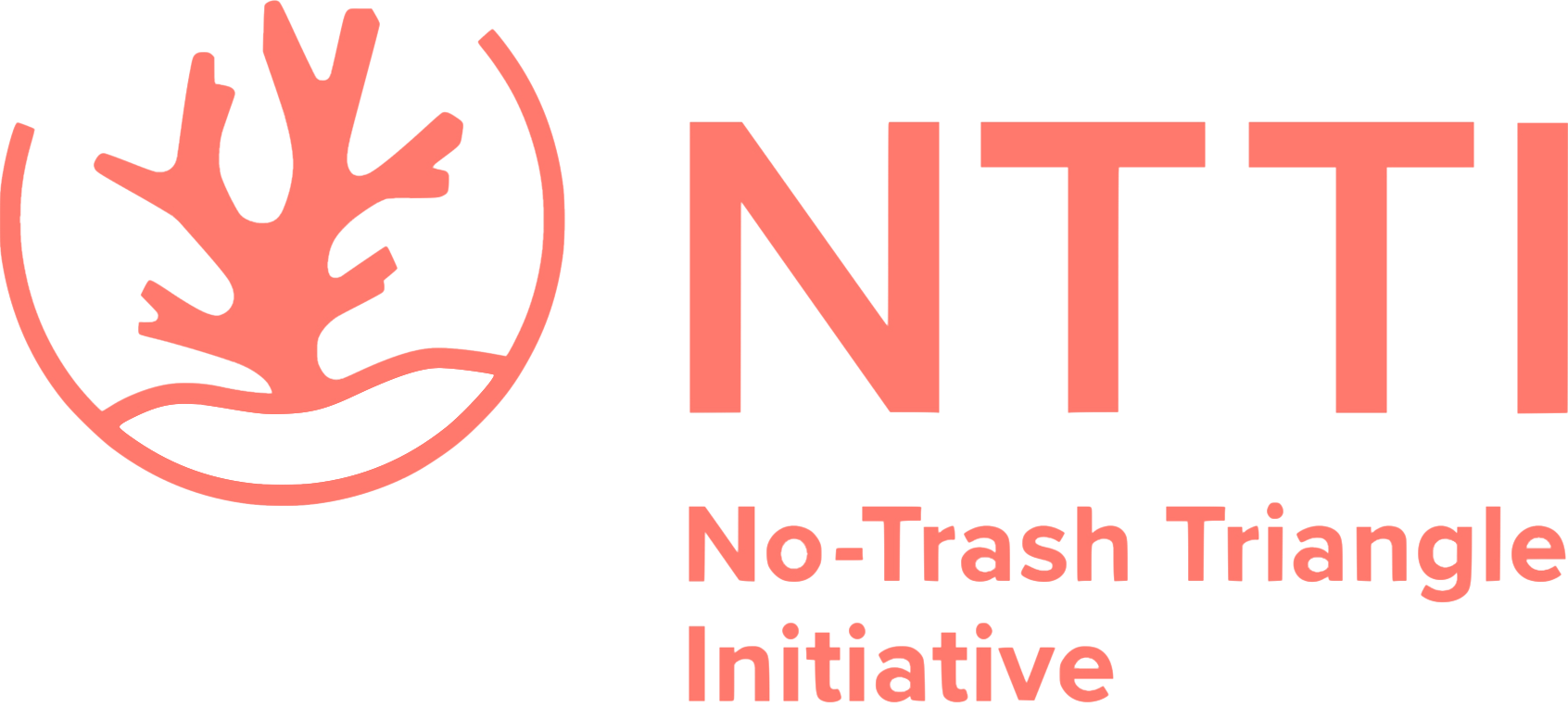Coronavirus and plastic: An update from Bangka
Coronavirus has touched almost every single corner of the world and Bangka Island is no exception. Bangka, No-Trash Triangle’s home and base, may be remote but life on the tiny island has been brought to a standstill because of this terrible global crisis.
Indonesia has so far recorded 7,135 cases, the second highest in South East Asia with 616 deaths. North Sulawesi has recorded 20 cases with 3 deaths but it is likely that the actual infection rate is much higher due to a lack of testing. The majority of North Sulawesi’s medical facilities are basic and can be tricky to access if living remotely or on one of the many islands off North Sulawesi’s coast. Indonesia has closed its borders until May 31st at the earliest. All of Bangka’s dive resorts have had to suspend operations which has made things very difficult for some of the locals who rely on tourism as their main source of income. Schools have closed and residents have been encouraged to stay at home and pray in their own houses instead of gathering at church.
Coral Eye, our base, has been closed since March 21st but has kept on staff who are working to improve the resort through a number of projects. These include building a fruit and vegetable garden and putting on English lessons for the dive guides. One of the big projects they hope to make a start on is a revamp of our plastic sorting station. We are hoping to raise enough money to fund the construction of an area where our volunteers can safely sort the trash we collect on the beach before it is sent to be recycled or properly disposed of. If you would like to support this work, please donate here.
We’re not washing our hands of the environment.
We have all adjusted our lifestyles in accordance with health and safety guidelines, including, amongst other things, washing our hands regularly. However, we are not washing our hands of our responsibility to look after the environment.
In addition to fundraising, we are continuing to support plastic related scientific research. We are also in the process of designing a communications strategy to keep our supporters and anyone interested in protecting the Coral Triangle informed and engaged. As part of this, strategy, we’d like to provide you with the most up to date guidance on the use of single use plastics during this global COVID-19 pandemic. Since coronavirus began to make its presence known, single use plastic usage has soared as people try to ensure hygiene and sanitation standards. This is completely understandable given the ambiguity surrounding the disease, but in many cases, plastic has not been proven to be safer.
1. Bottled water
If you live in a country that usually has safe tap water, then there is no reason to buy bottled drinking water. The European Food Information Council has stated that although “the virus can remain active in water for a short period of time”, tap water is filtered and disinfected before it comes out of the tap in our homes “which would inactivate the COVID-19 virus.” (EUFIC, 2020)
2. Plastic wrapped produce
Plastic does not necessarily make something cleaner or safer according to a recent report by Greenpeace UK (2020). A study published in the New England Journal of Medicine (2020) found that “the virus will persist on plastic longer than almost any material examined which could call into question the safety of the majority of plastic-packaged items in supermarkets.” Customers can still safely choose glass or cardboard packaging over plastic. All produce, including fresh unwrapped produce should be washed or wiped down when brought home to further reduce the risk of virus transmission.
3. Plastic shopping bags
Some supermarkets and shops have banned reusable shopping bags but the US Centers for Disease Control and Prevention (CDC) (2020) says that while it “may be possible” to be infected with COVID-19 from a surface or object with the virus on it, “this is not thought to be the main way the virus spreads”. So if allowed, it is still safe to use your reusable shopping bags, if you wash them after each shop at as high a temperature as the material allows and store them away from fresh produce.
These are crazy times and understandably sustainability is not high on the agenda for many people. This information is designed to show you that it is possible to maintain your green habits without compromising your safety! However we acknowledge that the situation varies hugely depending on where you live and what your personal circumstances are. Staying healthy and safe should be our primary concern for the time being!
Bibliography:
CDC, 2020, https://www.cdc.gov/coronavirus/2019-ncov/prevent-getting-sick/how-covid-spreads.html
EUFIC, 2020, https://www.eufic.org/en/food-safety/article/food-and-coronavirus-covid-19-what-you-need-to-know
Greenpeace USA, 2020, https://www.greenpeace.org/usa/how-the-plastic-industry-is-exploiting-anxiety-about-covid-19/
New England Journal of Medicine, 2020, https://www.nejm.org/doi/full/10.1056/NEJMc2004973



